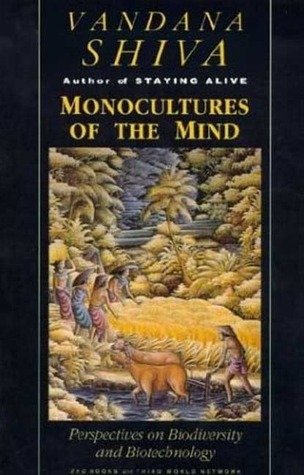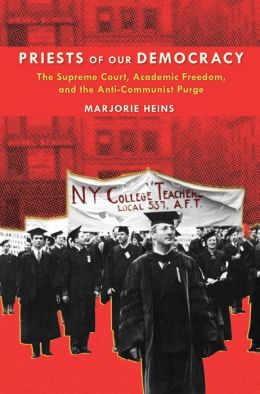Comment is Free
The 25-year-old Army Private, this generation's Daniel Ellsberg, pleads guilty today to some charges and explains his actions
In December, 2011, I wrote an Op-Ed in the Guardian arguing that if Bradley Manning did what he is accused of doing, then he is a consummate hero, and deserves a medal and our collective gratitude, not decades in prison. At his court-martial proceeding this afternoon in Fort Meade, Manning, as the Guaridan's Ed Pilkington reports, pleaded guilty to having been the source of the most significant leaks to WikiLeaks. He also pleaded not guilty to 12 of the 22 counts, including the most serious - the capital offense of "aiding and abetting the enemy", which could send him to prison for life - on the ground that nothing he did was intended to nor did it result in harm to US national security. The US government will now almost certainly proceed with its attempt to prosecute him on those remaining counts.
Manning's heroism has long been established in my view, for the reasons I set forth in that Op-Ed. But this was bolstered today as he spoke for an hour in court about what he did and why, reading from a prepared 35-page statement. Wired's Spencer Ackerman was there and reported:
"Wearing his Army dress uniform, a composed, intense and articulate Pfc. Bradley Manning took 'full responsibility' Thursday for providing the anti-secrecy organization WikiLeaks with a trove of classified and sensitive military, diplomatic and intelligence cables, videos and documents. . . .
"Manning's motivations in leaking, he said, was to 'spark a domestic debate of the role of the military and foreign policy in general', he said, and 'cause society to reevaluate the need and even desire to engage in counterterrorism and counterinsurgency operations that ignore their effect on people who live in that environment every day.'
"Manning explain[ed] his actions that drove him to disclose what he said he 'believed, and still believe . . . are some of the most significant documents of our time' . . . .
"He came to view much of what the Army told him — and the public — to be false, such as the suggestion the military had destroyed a graphic video of an aerial assault in Iraq that killed civilians, or that WikiLeaks was a nefarious entity. . . .
"Manning said he often found himself frustrated by attempts to get his chain of command to investigate apparent abuses detailed in the documents Manning accessed. . . ."
Manning also said he "first approached three news outlets: the Washington Post, New York Times and Politico" before approaching WikiLeaks. And he repeatedly denied having been encouraged or pushed in any way by WikiLeaks to obtain and leak the documents, thus denying the US government a key part of its attempted prosecution of the whistleblowing group. Instead, "he said he took 'full responsibility' for a decision that will likely land him in prison for the next 20 years — and possibly the rest of his life."
This is all consistent with what Manning is purported to have said in the chat logs with the government snitch who pretended to be a journalist and a pastor in order to assure him of confidentiality but then instead reported him. In those chats, Manning explained that he was leaking because he wanted the world to know what he had learned: "I want people to see the truth … regardless of who they are … because without information, you cannot make informed decisions as a public." When asked by the informant why he did not sell the documents to a foreign government for profit - something he obviously could have done with ease - Manning replied that he wanted the information to be publicly known in order to trigger "worldwide discussion, debates, and reforms". He described how he became deeply disillusioned with the Iraq War he had once thought noble, and this caused him to re-examine all of his prior assumptions about the US government. And he extensively narrated how he had learned of serious abuse and illegality while serving in the war - including detaining Iraqi citizens guilty of nothing other than criticizing the Malaki government - but was ignored when he brought those abuses to his superiors.
To Read the Rest
More Resources:
Spencer Ackerman: Bradley Manning Takes ‘Full Responsibility’ for Giving WikiLeaks Huge Government Data Trove (Wired)










